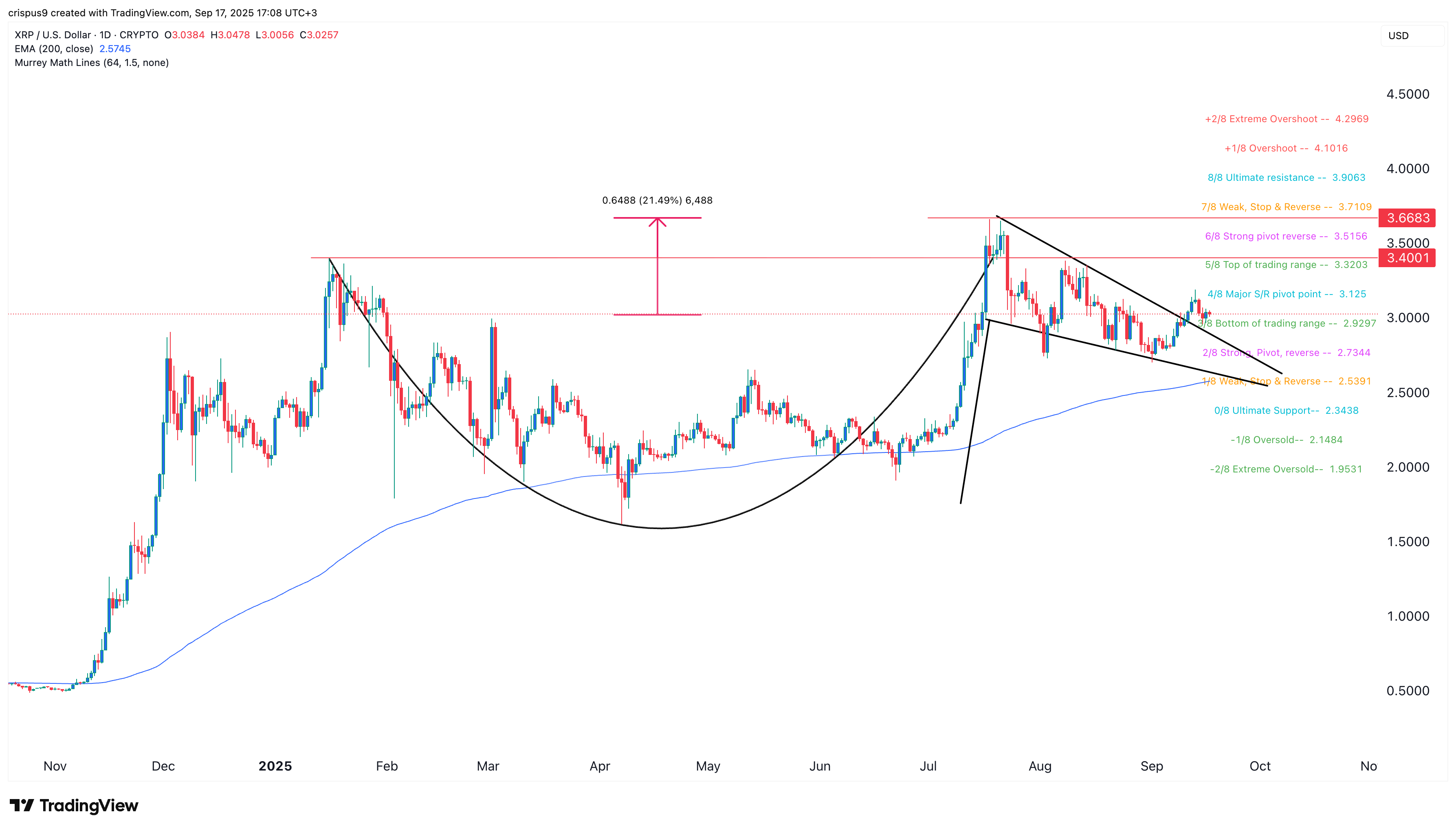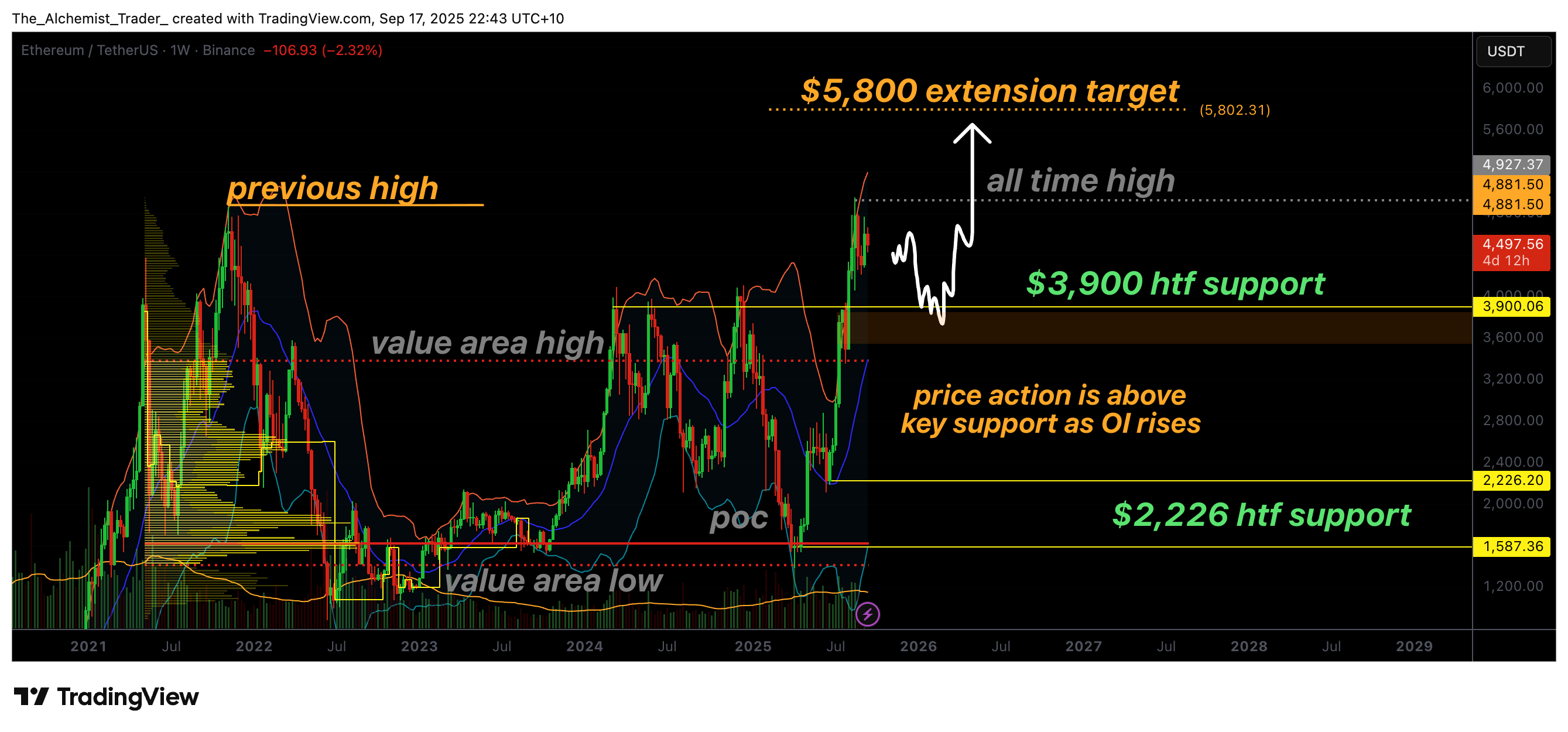Lawmakers say Russia won’t develop state-owned crypto exchange
Russian lawmakers have opted not to continue with plans to develop a state-owned crypto exchange.
According to a regional newspaper, Izvestia, Russian lawmakers have scrapped plans to institute legislation that would allow the government to build a crypto platform.
Instead, the legislature chose to create a framework that would permit private enterprises to launch crypto trading platforms under the supervision of the Russian central bank.

Per the reports, the private crypto exchanges will permit cross-border settlements and bypass some of the financial sanctions the United States and its European allies put against Russia because of its invasion of Ukraine last year.
The original plan was part of the proposed amendments to Russia’s digital financial assets law, expected to be introduced in the second quarter of 2023.
Anatoly Aksakov, the chairman of the State Duma’s Committee on Financial Markets, predicted that regulations for these exchanges would be developed by the end of 2023 and outlined in a draft law.
The move comes after the Russian Central Bank reportedly dismissed the legislators’ proposal.
The development of a national crypto exchange was announced in November 2022 following the collapse of FTX and Alameda.
Several members of the lower house of Russia’s parliament, the Duma, had called for the government to acknowledge the existence and use of cryptocurrencies in the country and to bring them under its control through a state-owned crypto platform.
Russian losing billions in potential taxes
According to Sergey Altukhov, a Russian lawmaker, Russia’s crypto sector is worth billions of rubles. However, it primarily exists beyond state regulation, meaning the government loses hundreds of millions in potential tax income.
Altukhov shared similar sentiments in June 2022 when he suggested Russia introduce a cryptocurrency platform based on Moscow Exchange standards. He added that such a trading platform would only work under the careful supervision of the Russian Central Bank.
At the same time, the legislators introduced a bill to legalize crypto mining and the sale of extracted cryptocurrency.




